Trump-Putin Alaska Summit Seen as Key Moment for Ukraine War and U.S.-Russia Relations
Trump and Putin are set to meet in Alaska for a high-stakes summit aimed at exploring a Ukraine ceasefire, amid shifting U.S.-Russia relations and mixed signals from Trump on expectations and consequences.
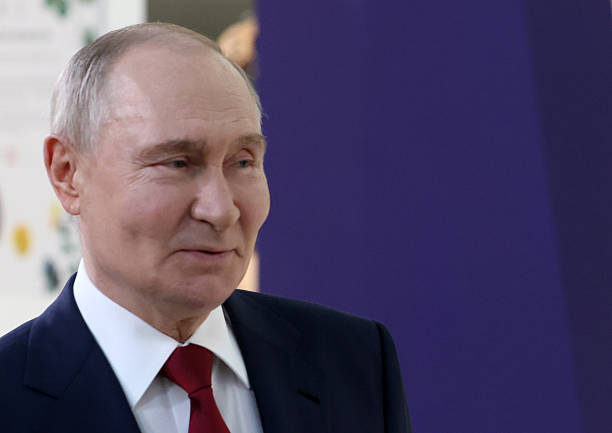 Russian President Vladimir Putin Visits The Sirius Education Center
Russian President Vladimir Putin Visits The Sirius Education CenterDonald Trump’s upcoming summit with Vladimir Putin in Alaska on Friday could prove pivotal for the war in Ukraine and for the U.S. president’s unusual relationship with the Russian leader. Trump has long touted his rapport with Putin, calling him “pretty smart” for invading Ukraine, but in recent months has voiced frustration and threatened tougher sanctions if Putin refuses to agree to a ceasefire.
Trump has given mixed signals about the meeting, describing it as “really a feel-out meeting” to gauge Putin’s openness to ending the conflict, while warning of “very severe consequences” if no agreement is reached. For Putin, the summit is an opportunity to mend ties with Trump and counter Western isolation following Russia’s invasion of Ukraine 3 1/2 years ago. The White House has rejected claims the meeting benefits Moscow, though critics say it risks undermining Ukraine, whose president has been excluded.

Former U.S. ambassador Ian Kelly called the move “a colossal mistake,” while Republican Sen. Lindsey Graham expressed confidence Trump would negotiate “from a position of strength” to protect European and Ukrainian interests.
Trump’s relationship with Putin has been marked by controversy since before his first term, when he questioned U.S. intelligence findings on Russian election interference and publicly appealed for Moscow’s help finding Hillary Clinton’s deleted emails. His presidency was dogged by investigations, including special counsel Robert Mueller’s probe, which found no criminal conspiracy but secured convictions against several Trump associates.
The pair met six times during Trump’s first term, notably at the 2018 Helsinki summit, where Trump appeared to side with Putin over U.S. intelligence assessments, sparking bipartisan outrage. Putin called the meeting “the beginning of the path” to normalizing ties and admitted he had hoped Trump would win in 2016.
After leaving office, Trump continued to praise Putin, describing the Ukraine invasion in 2022 as “pretty smart” and suggesting the Russian leader aimed to “be a peacekeeper.” Both men claimed the war would not have occurred had Trump remained president. During his campaign, Trump criticized U.S. aid to Ukraine and disparaged President Volodymyr Zelenskyy as a “salesman.”
Since returning to the White House, Trump has stopped claiming he could end the war within 24 hours, acknowledging in March that such comments were “a little bit sarcastic.” Putin has pushed for a summit, proposing talks on joint economic projects alongside discussions on Ukraine. Relations soured in February after a clash between Trump and Zelenskyy, followed by Trump expressing trust in Putin’s ceasefire promises. But by April, Trump’s tone shifted, accusing Putin of “just tapping me along” and later calling him “absolutely CRAZY” amid escalating Russian strikes.
Earlier this month, Trump ordered the repositioning of two U.S. nuclear submarines in response to “highly provocative statements” from former Russian president Dmitry Medvedev. Since announcing the summit, Trump has softened both his criticism of Putin and expectations for the meeting.
Speaking Monday, Trump said the Alaska talks would be “really a feel-out meeting, a little bit,” adding, “I think it’ll be good. But it might be bad."
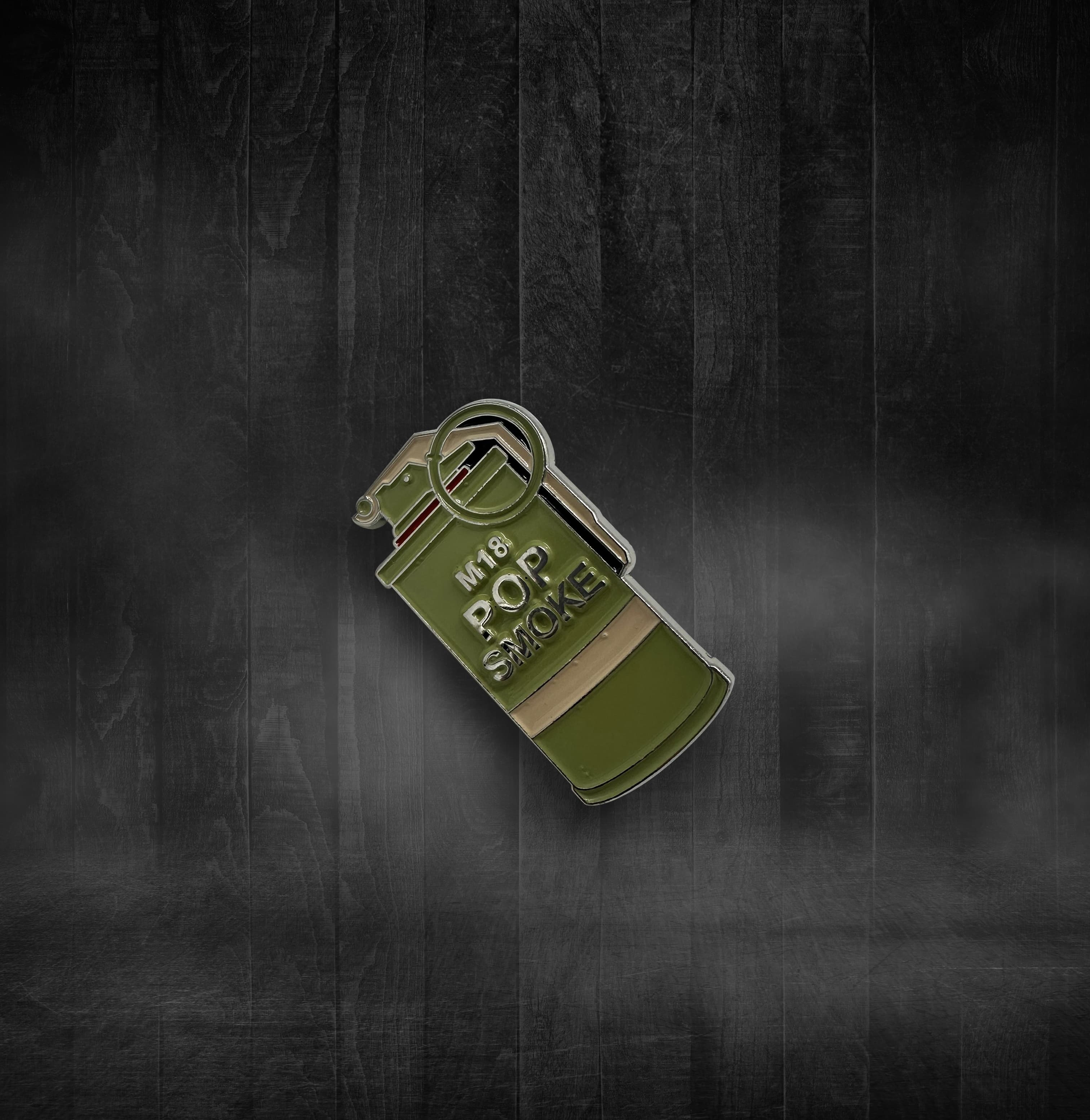



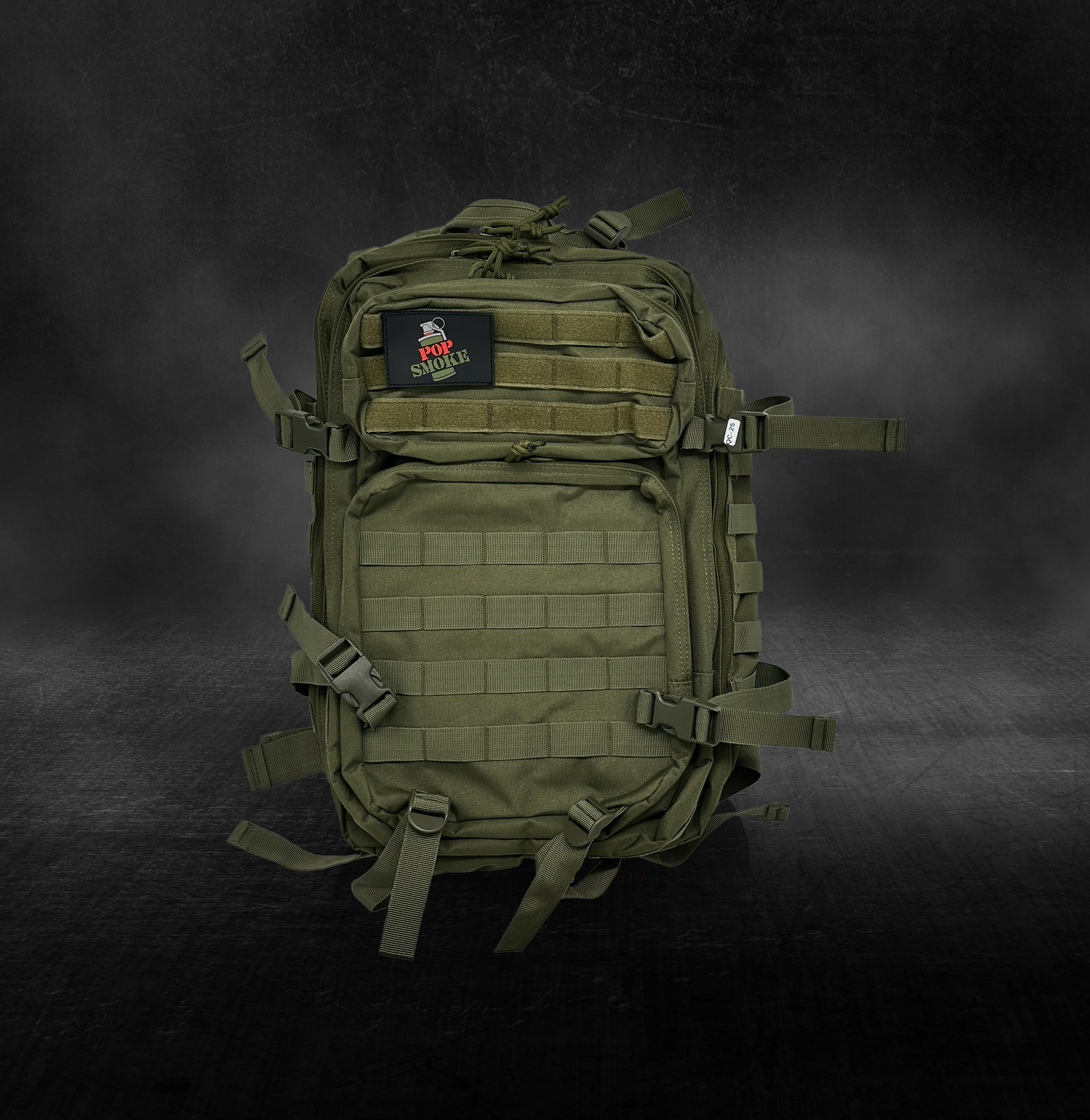



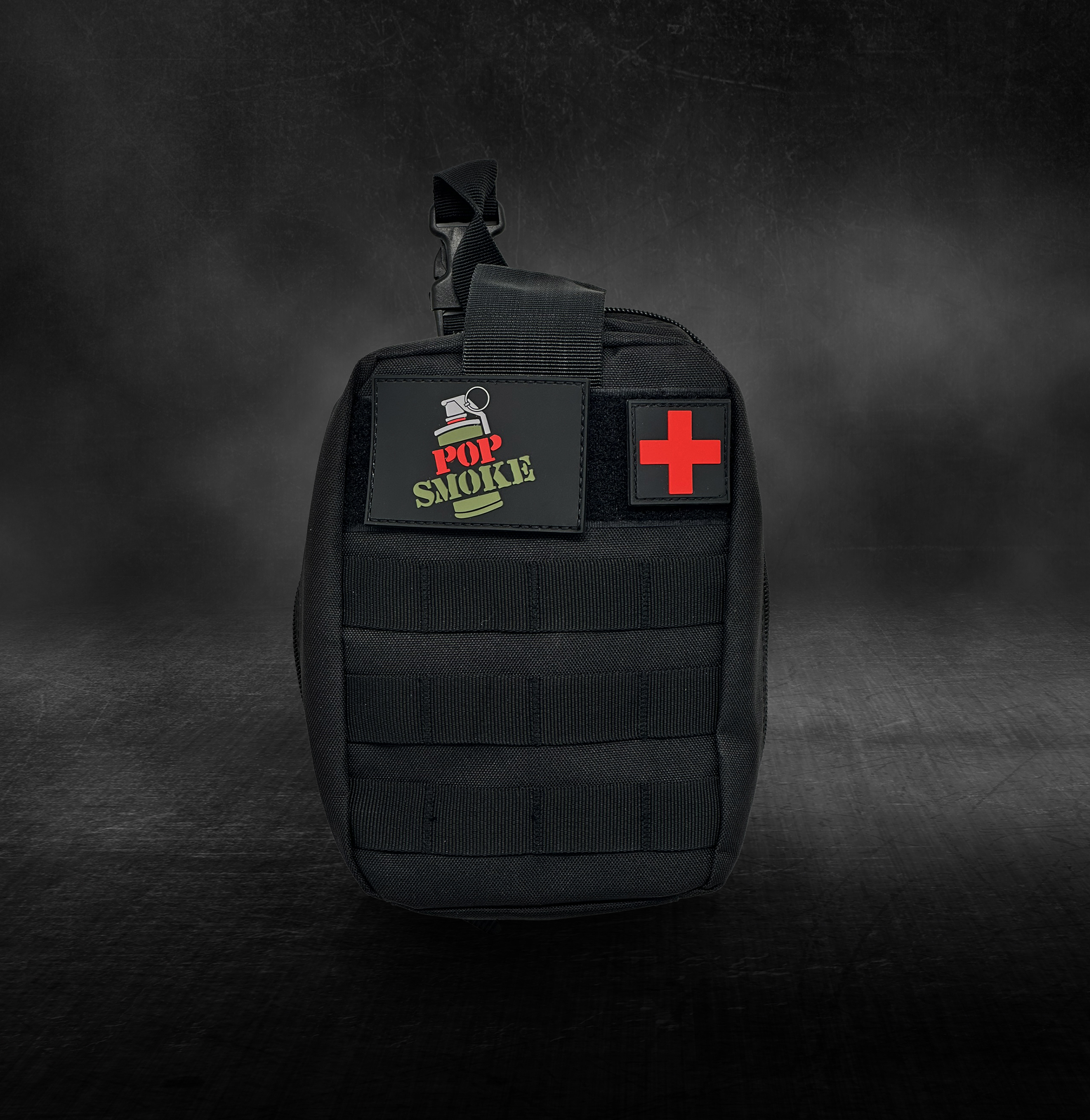



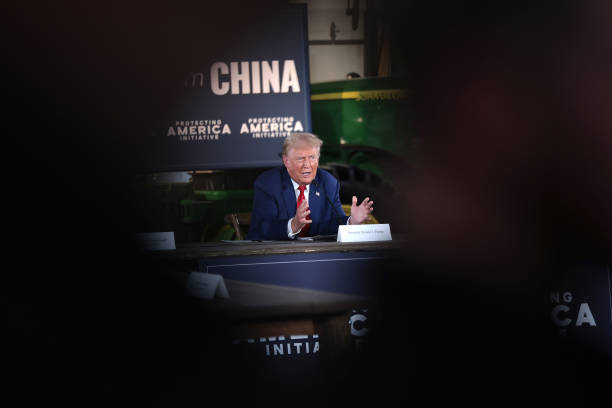
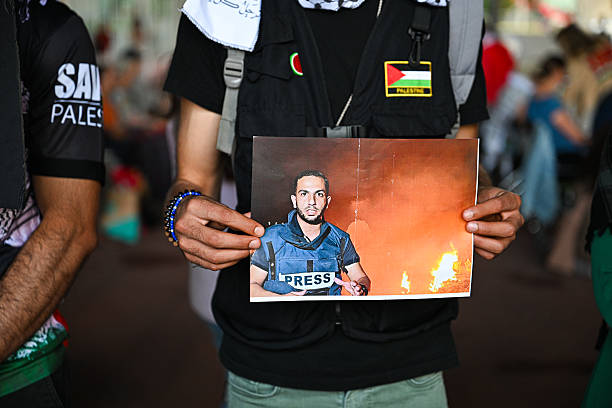
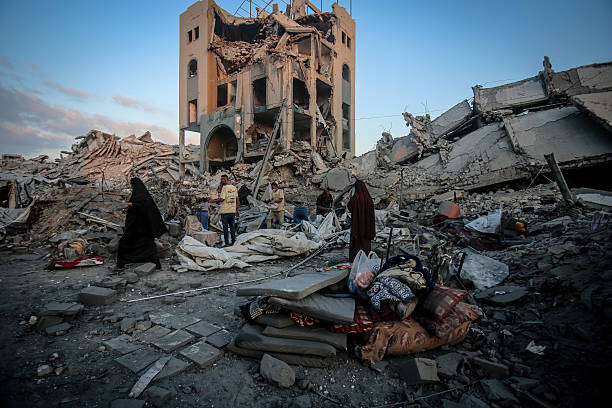
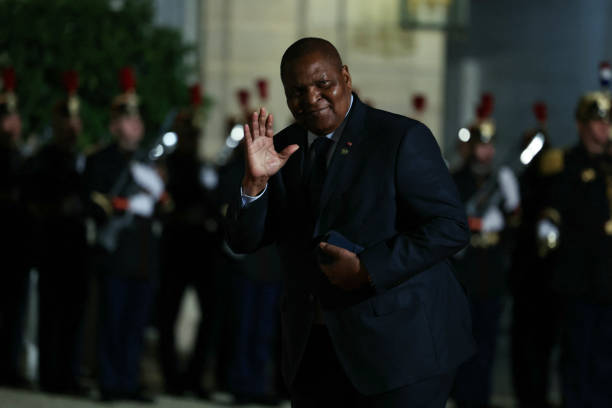
Conversation